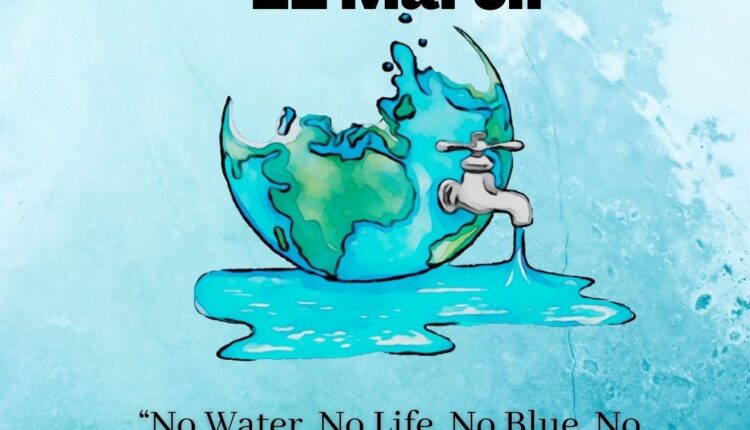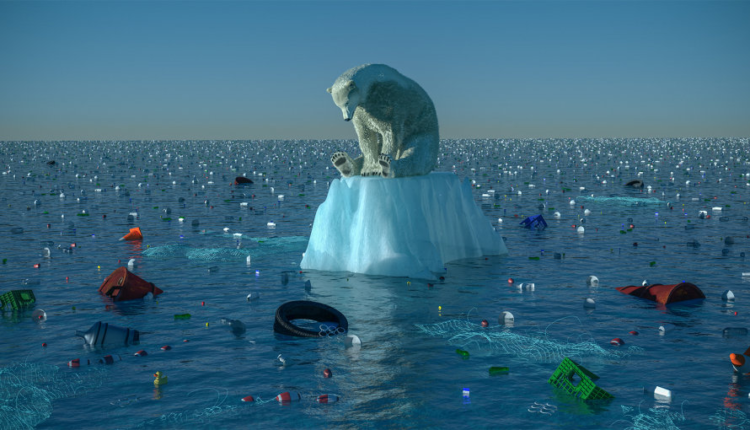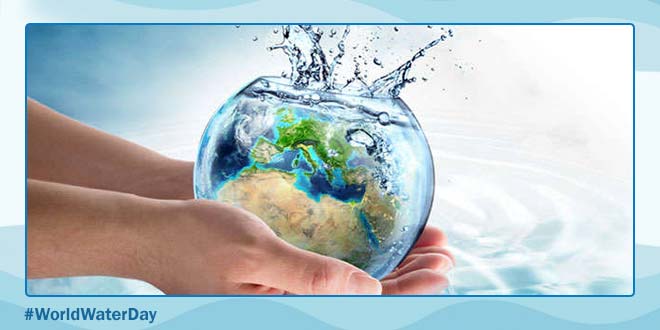World Water Day will be celebrated in an online event on 22 March 2021. The World Water Day celebrates water and raises awareness of the water crisis globally and the basic focus of the observance is to support the achievement of Sustainable Development Goal (SDG) 6: water and sanitation for all by 2030.

World Water Day: Theme
The theme of World Water Day 2021 is “valuing water”.Valuing water means recognizing and considering all the benefits provided by water-Including economic, social, and ecological dimensions. In realizing these benefits, there should be systematic change and decision-making that protects freshwater sources. The value of water is much more than its price – water has huge and complex value for our food, households, culture, health, economics, education, and the integrity of our natural environment. If we neglect any of these values, we risk mismanaging this precious, finite, and irreplaceable resource. SDG 6 is to ensure water and sanitation for all. Without a comprehensive understanding of water’s true, multidimensional value, we will be unable to preserve this crucial resource for the benefit of everyone.

The United Nations World Water Development Report is also released on this day itself which focuses on the same topic as the campaign and recommending policy direction to decision-makers.
The Importance of Water
Held on 22 March every year since 1993, World Water Day has been observed to stress the importance of freshwater.
World Water Day celebrates water and raises awareness of the 2.2 billion people living without access to safe water. It is about taking action to tackle the global water crisis. A core focus of World Water Day is to support the achievement of Sustainable Development Goal 6: water and sanitation for all by 2030.

Water and Climate Change
World Water Day 2020 was about water and climate change – and how the two are inextricably linked. The campaign showed how our effective use of water will help reduce floods, droughts, scarcity, and pollution, and will help fight climate change itself.
By adapting to the water effects of climate change, we will protect health and save lives. And, by using water more efficiently, we will reduce greenhouse gases.

History of the Day
The idea to commemorate this international day goes back to 1992, the year in which the United Nations Conference on Environment and Development in Rio de Janeiro took place. That same year, the United Nations General Assembly adopted a resolution according to which 22 March of each year was declared World Day for Water. Since 1993 this day has been celebrated annually to mark the importance of water.
Later on, other celebrations and events were added. For instance, the International Year of Cooperation in the Water Sphere 2013, and the current International Decade for Action on Water for Sustainable Development, 2018-2028. These observances serve to reaffirm that water and sanitation measures are key to economic growth, poverty reduction, and environmental sustainability.

swachchindia.ndtv.com
United Nations High-Level Panel on Water
In April 2016 the United Nations and the World Bank Group convened a High-Level Panel on Water (HLPW) to provide the leadership required to champion a comprehensive, inclusive and collaborative way of developing and managing water resources and improving water and sanitation-related services.
In March 2018, the High-Level Panel on Water (HLPW) released its outcome document ‘Making Every Drop Count’ and recommended that we all understand, value, and manage water better. The HLPW defined 5 principles to value water better and triggered the Valuing Water Initiative (VWI) to put these into practice.

The 5 Valuing Water Principles
1.Recognize and embrace water’s multiple values to different groups and interests in all decisions affecting water;
2.Reconcile values and build trust – conduct all processes to reconcile values in ways that are equitable, transparent, and inclusive;
3.Protect the sources, including watersheds, rivers, aquifers, associated ecosystems, and used water flows for current and future generations;
4.Educate to empower – promote education and awareness among all stakeholders about the intrinsic value of water and its essential role in all aspects of life;
5.Invest and innovate – ensure adequate investment in institutions, infrastructure, information, and innovation to realize the many benefits derived from water and reduce risks.
For more, like us on Facebook or follow us on Twitter, Instagram and Telegram











